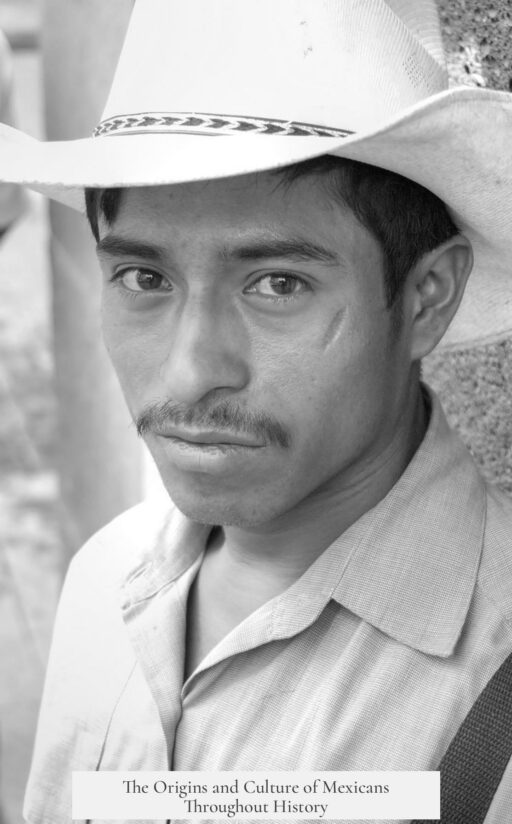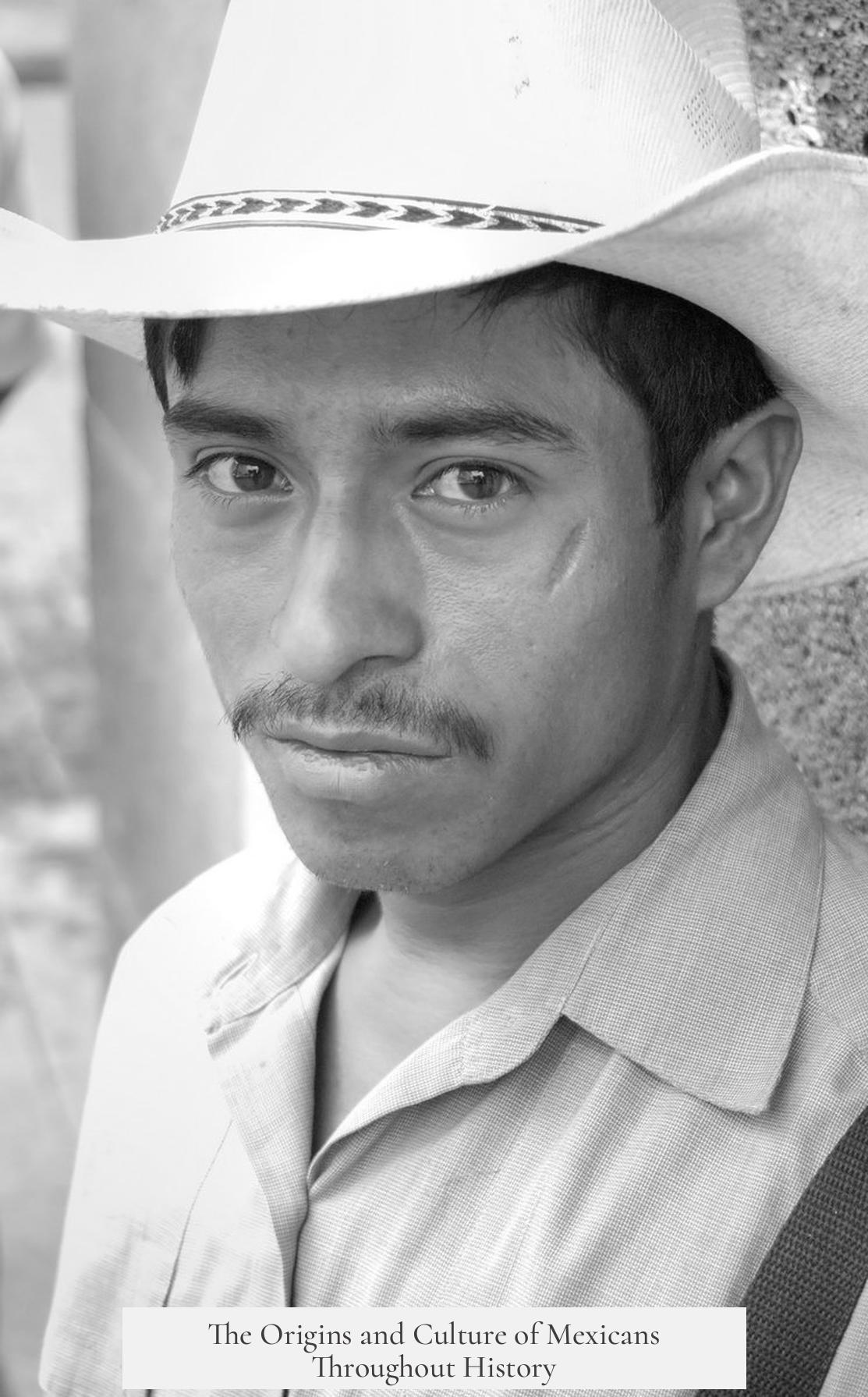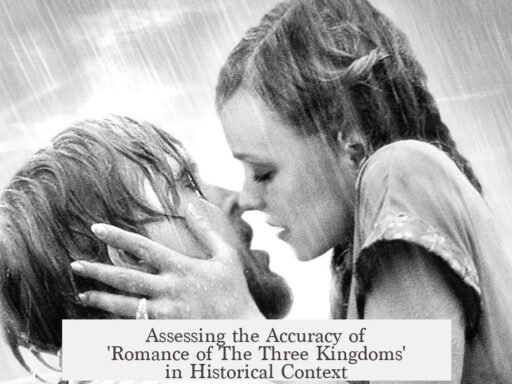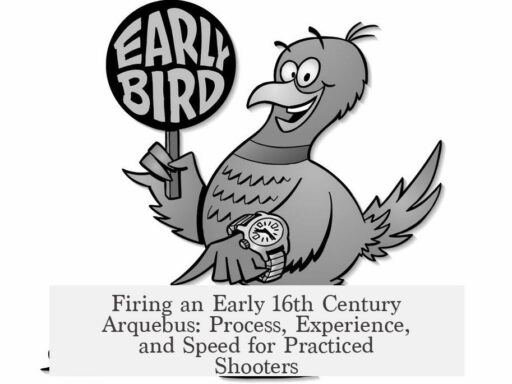Mexicans are the people from Mexico, defined primarily by nationality rather than a single ethnicity. This term applies to all inhabitants of Mexico, embracing diverse ethnic backgrounds including Indigenous peoples, Europeans, Mestizos (mixed Indigenous and European ancestry), and others. Historically, the modern Mexican identity has evolved from complex cultural and racial intermixing rooted in the Aztec Empire and Spanish colonialism.
The word “Mexican” originates from the Mexica, a subgroup of the Aztec Empire who inhabited the Valley of Mexico before Spanish conquest. The Aztec Empire dominated much of what is now Mexico prior to the arrival of the Spanish in the 16th century. When Spain colonized the region, it named the territory New Spain. The name Mexico was later adopted after independence in 1821, transforming the inhabitants into Mexicans in the same way Americans identify with the United States.
Mestizos constitute a significant portion of Mexico’s population. The term “Mestizo” refers to individuals with mixed Indigenous and European ancestry, resulting from centuries of intermarriage during and after colonial times. Despite the prevalence of Mestizos, Mexico’s population also includes people who identify primarily as Indigenous, Caucasian, or from other backgrounds due to immigration. This diversity contributes to the complexity of defining a single “Mexican” ethnicity.
The Mestizo identity holds particular social significance, but it lacks formal recognition as a distinct ethnicity. This gap leads to challenges in both racial and ethnic classification. Many assume Mexicans fit a certain physical stereotype, typically linked to mixed Indigenous heritage. However, this overlooks the reality that many Mexicans are of predominantly European descent or have other racial backgrounds. Racial animosities targeting Mexicans often focus on darker-skinned individuals, revealing social prejudices unrelated to nationality or ethnicity alone.
Terms like “Latino” and “Hispanic” attempt to capture the cultural and linguistic broadness of people from Latin America and Spanish-speaking countries. However, these labels fall short in describing specific Mexican identity. “Latino” is a geographic category, including all from Latin America, while “Hispanic” is language-based, excluding non-Spanish speakers like Brazilians but including white Spaniards and other groups. Neither term pinpoints Mexico’s unique blend of ethnicities.
The emergence of Mestizos as a distinct social group is relatively recent in historical terms, spanning a few centuries since colonial mixing began. This contrasts with other global ethnicities, which have developed over thousands of years. The Mestizo identity might be considered a new ethnicity in formation due to its specific history and demographic importance.
The U.S. Census reflects this complexity and sometimes ambiguity in ethnic categorization. For years, it included options such as “Mexican,” “Chicano,” or “Mestizo,” but later replaced these with a separate question about Hispanic descent, effectively removing them from the list of ethnicities. This shift highlights the difficulties in accurately capturing the Mexican identity within standard demographic frameworks.
Furthermore, Mexico and Latin America include Black Latinos—individuals with African and Latin American roots—adding more layers to any attempt to define “Mexican” racially or ethnically. Black Latinos often identify as both Black and Hispanic/Latino, complicating Mestizo definitions that emphasize Indigenous and European ancestry alone.
It is essential to acknowledge that race itself is a social construct, not a strictly biological classification. The concept varies widely by culture and over time, making ethnic and racial definitions fluid and sometimes imprecise. Yet, the Mexican identity remains a widely understood and recognized nationality, encompassing a mosaic of racial and ethnic backgrounds forged by history, geography, and society.
- Mexicans are citizens of Mexico, a nationality comprising diverse ethnicities.
- The term originated from the Mexica people of the Aztec Empire.
- Mestizos, people of mixed Indigenous and European ancestry, represent a large demographic group.
- Ethnic labels like Latino and Hispanic do not fully encompass Mexican identity.
- The Mestizo identity is relatively new and not officially recognized as a separate ethnicity.
- Black Latinos add complexity to racial and ethnic classifications in Mexico.
- Race remains a social construct, complicating fixed definitions of Mexican identity.



